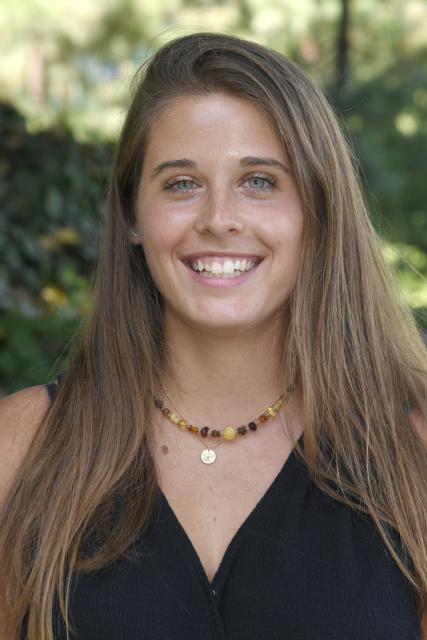Abstract:
Cellular and molecular interactions drive almost all aspects of human biology. Visualizing these interactions can provide critical insight into disease progression, immune function, and cognitive behavior. However, most imaging technologies are not well poised to monitor intricate biological processes, especially in deeper tissue locales. Existing methods have historically utilized fluorescent proteins and small molecule fluorophores, which require invasive external light and can perturb native biological processes. As a result, we need new minimally invasive and non-perturbing imaging modalities to effectively probe native cellular and molecular processes in relevant environments.
Part one of my work leverages bioluminescence as a non-invasive imaging modality. Bioluminescence imaging (BLI) has long been used for monitoring biological processes in living organisms, but suffers from a lack of sufficiently bright and red-shifted probes for applications in deep tissue. We address this limitation by developing and optimizing novel, red-shifted luciferase-luciferin pairs for in vivo imaging applications. Overall, this work will help to facilitate new discoveries relevant to cancer biology, immune function, and a multitude of other processes in complex biological environments.
Part two of my work harnesses vibrational spectroscopy as a minimally perturbing imaging modality. Vibrational tags have been widely used for monitoring intricate biochemical processes and tracking small molecules, but they suffer from reduced sensitivity compared to conventional imaging techniques, such as fluorescence. In this work, we engineer a palette of new and resolvable vibrational tags with increased sensitivity for biological imaging. We leverage key molecular design elements including vibrational insulation and enhancement. Overall, this work will provide a platform for high-throughput, molecular interrogation of biological processes ranging from disease mechanisms to cell signaling pathways.
Speaker:
Location:

